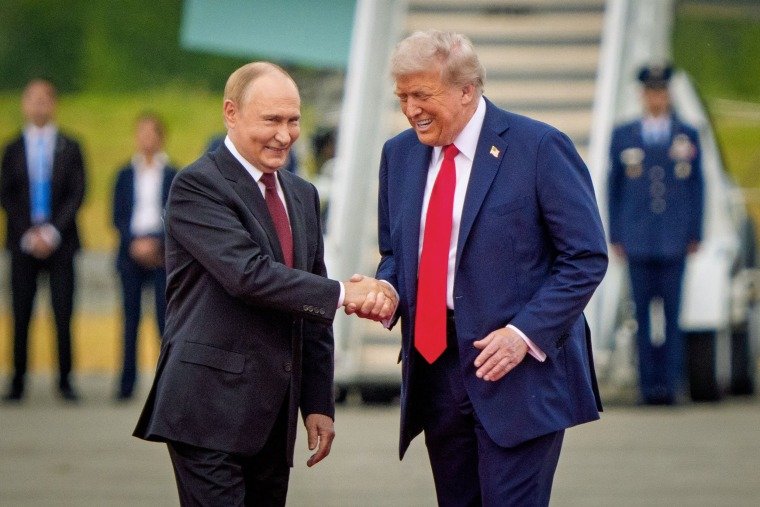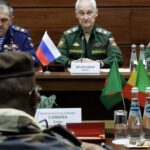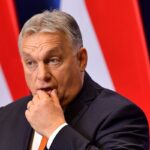The meeting between President Donald Trump and President Vladimir V. Putin in Alaska on August 15 ended in colossal reputational losses for the United States, the result of misjudgment and overconfidence on the part of the American team.
By our assessment, Mr. Trump approached the Russians as if he were conducting a business negotiation, disregarding the ideological and imperial underpinnings of the Kremlin. The consequence is that Moscow has drawn him into a field of disinformation, distorted reality, and manipulations of his own ambitions and weaknesses. The summit exposed a crisis in the American intelligence community, which failed to provide the President with adequate information and analysis. The impression left is that Washington’s Russia desk has either been severely weakened or partly dismantled—likely the product of either Tulsi Gabbard’s personal convictions or Mr. Trump’s own overconfidence.
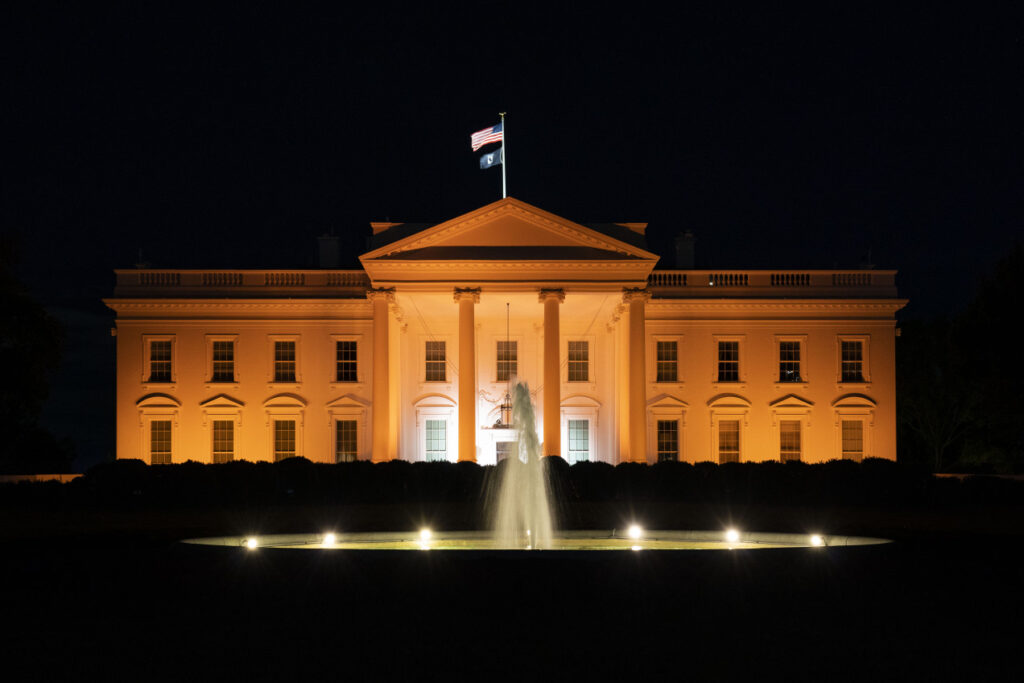
It is clear that for Mr. Trump the substance of ending the war is less important than the mere appearance of a ceasefire, regardless of whether the terms of such an end could trigger a new, larger war within two years, as German intelligence has warned. The central outcome of the summit, then, was the demonstration of Washington’s willingness to engage with dictators and war criminals at the highest level—a posture unimaginable in the days of Qaddafi, Hussein, or Milosevic.
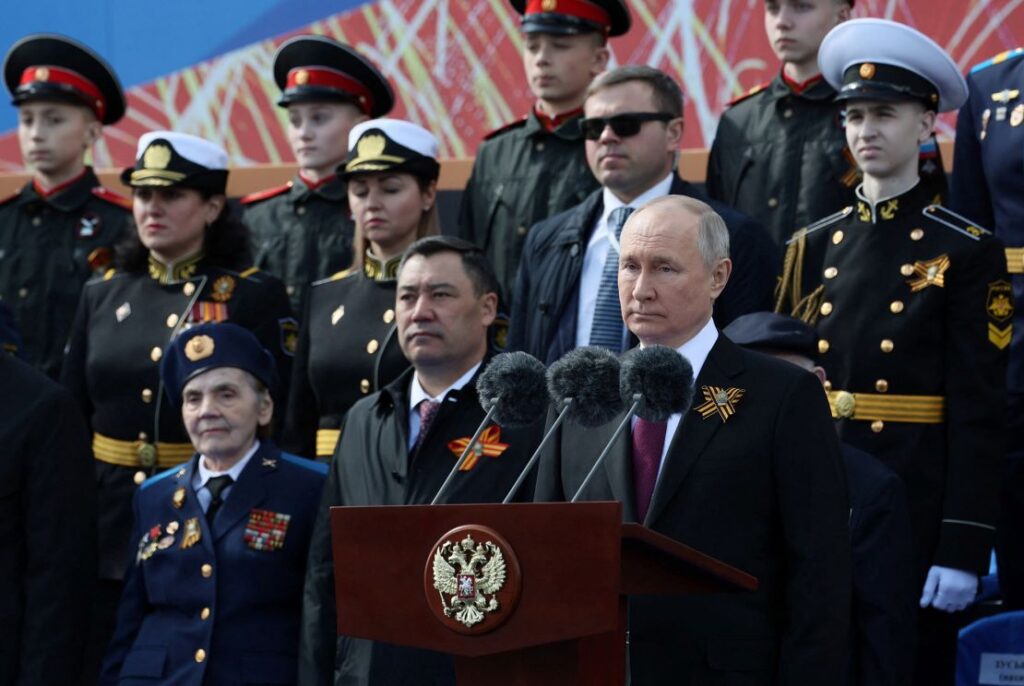
Mr. Trump’s physical cues—pats on the shoulder during the handshake, attempts to shorten the distance in conversation—signaled a degree of personal sympathy toward the Russian autocrat that damaged America’s image, especially given that Mr. Putin is subject to an International Criminal Court arrest warrant for war crimes. With Mr. Putin’s visit to Alaska, the White House has effectively lifted the taboo on high-level engagement with dictators, eroding the President’s symbolic role as leader of the free world. The reputational cost for the United States is profound. Moscow emerged as the clear beneficiary, reentering global politics through nothing more than a handshake.
In effect, Mr. Trump has signaled to the world that violations of international law are no barrier to doing business with the United States—a message that will not be lost on countries such as China. For Europe, the message threatens to weaken NATO’s fragile unity and embolden centrifugal voices eager to invoke Washington’s relationship with Moscow as precedent.
Mr. Putin, for his part, showed no interest in ending the war. His pursuit of a comprehensive settlement is less about peace than about securing a grand bargain with the West that would grant Russia renewed dominance over the post-Soviet space—in other words, a revival of the Russian Empire or the Soviet Union. Given that some of these countries are NATO members, such as the Baltic states, the Kremlin’s ambitions amount to dismantling the Alliance itself. Should Mr. Trump accede to such a vision, the fates of Estonia, Latvia, and Moldova may be sealed along the lines of Ukraine in 2022.
It follows that Mr. Trump is likely to pressure President Volodymyr Zelensky into concessions, even capitulation, to preserve his own image after failing to achieve his aims with Russia. The defeat inflicted on Mr. Trump by Mr. Putin means that Washington will now act on terms set in the Kremlin.
The broader consequence is stark: America and the Republican Party can no longer offer the world strong foreign policy leaders in the mold of Ronald Reagan or John McCain. That reality carries with it the serious risk that the United States will lose its standing as defender of democracy, guarantor of international law, and leader of the free world.
- Putin emerged with the optics of a diplomatic win—he received a red carpet welcome on U.S. soil and dominated the tone-setting moments at the press conference.
Summit may have undermined U.S. commitment to Ukraine by offering Putin a platform without reciprocation. Russia reasserted itself on the global stage, though skeptics noted that core issues—like Ukraine’s NATO aspirations and territorial sovereignty—remain non-negotiable for Putin.
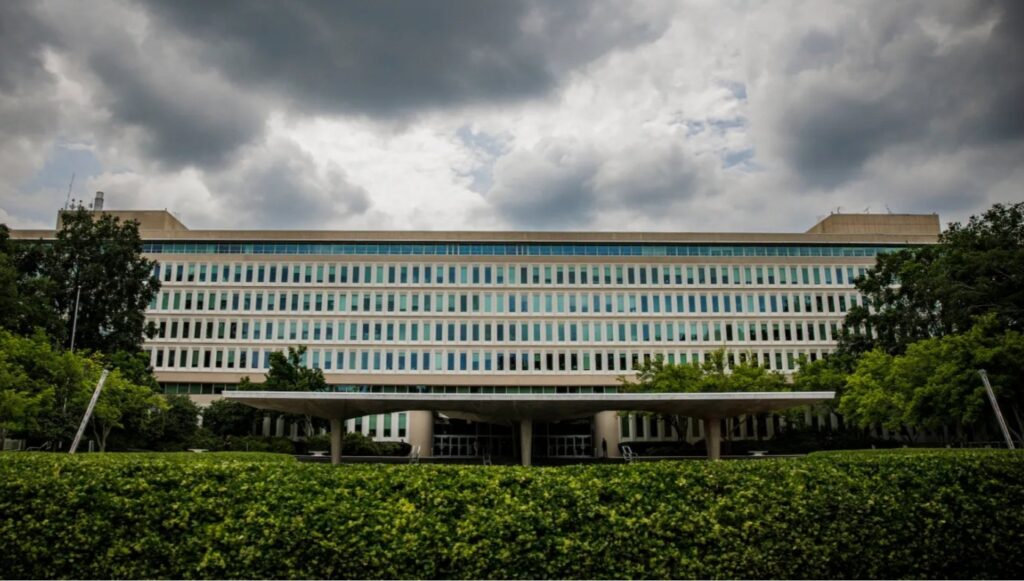
More on this story: Will Trump’s Plan to Reform the CIA succeed?
This is a public relations victory for Putin, with minimal concessions on his part.


